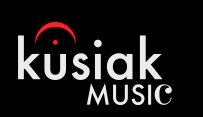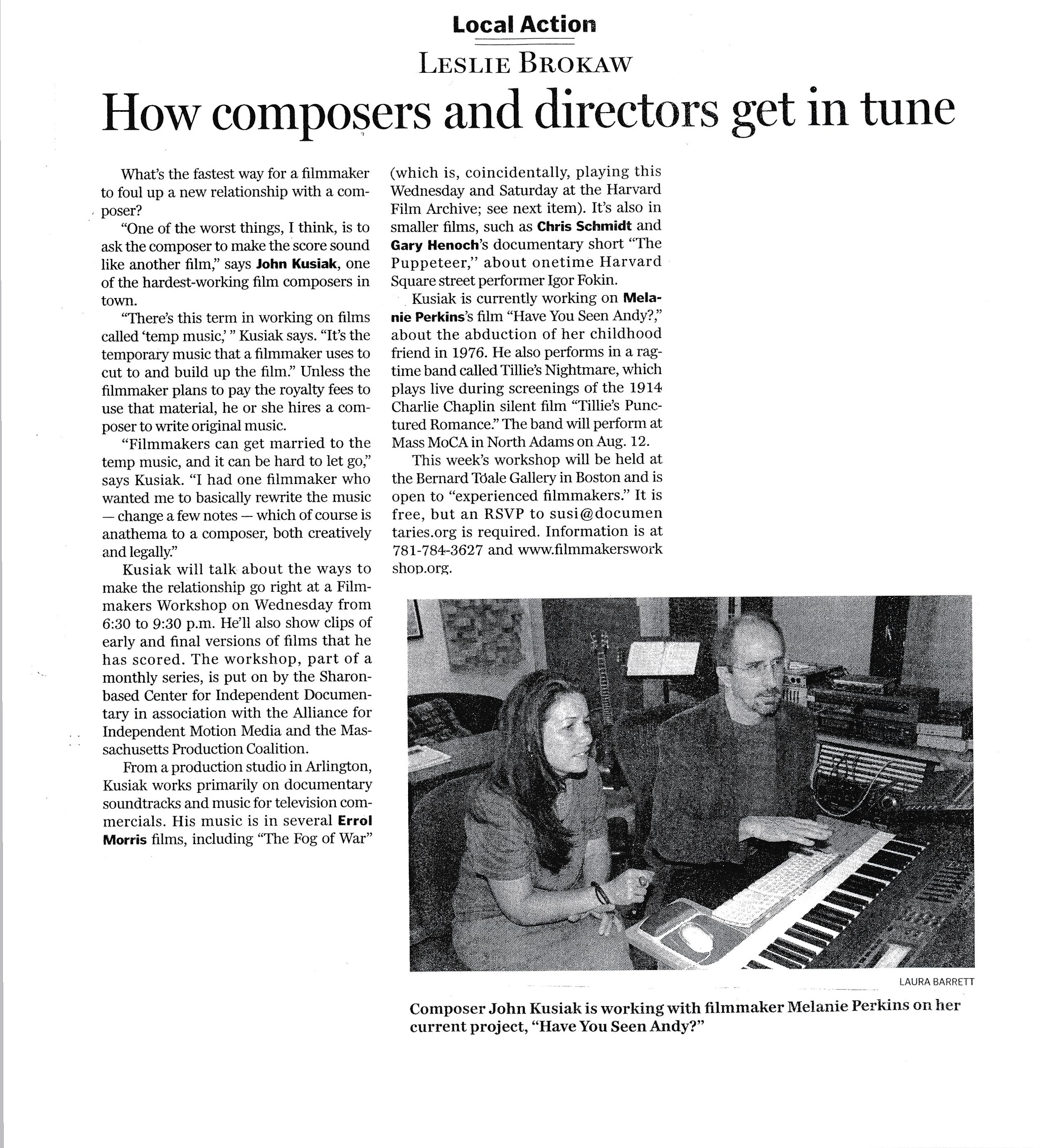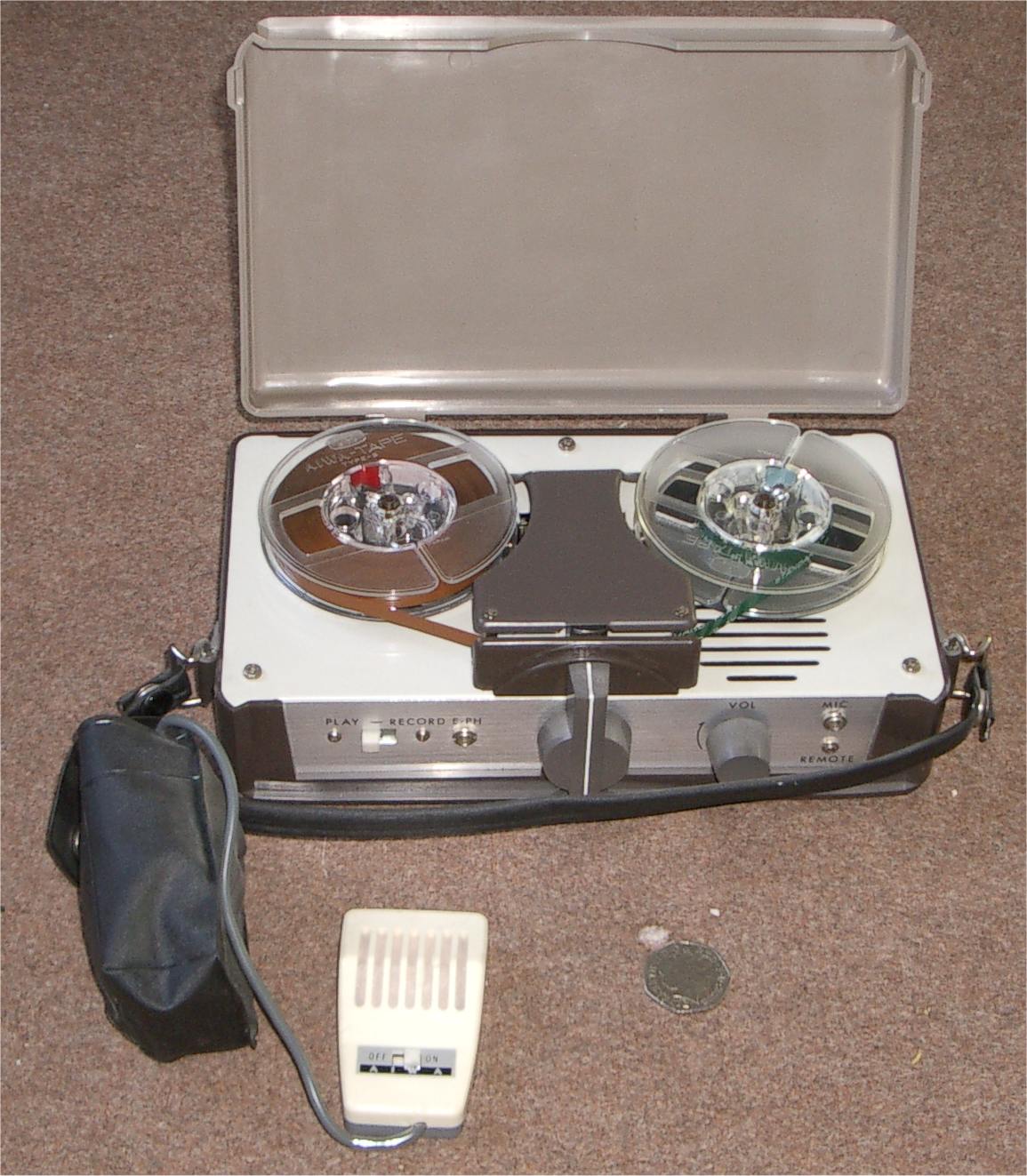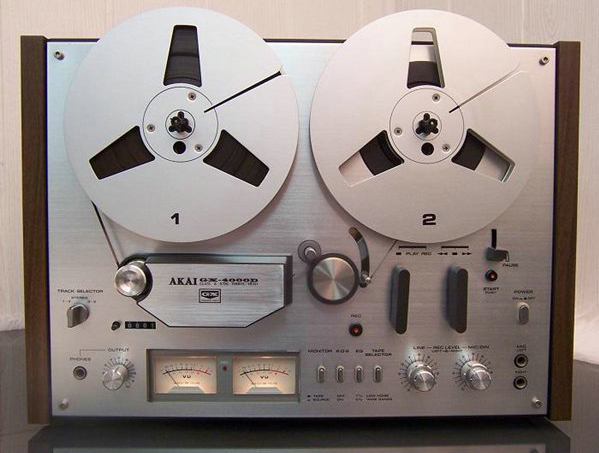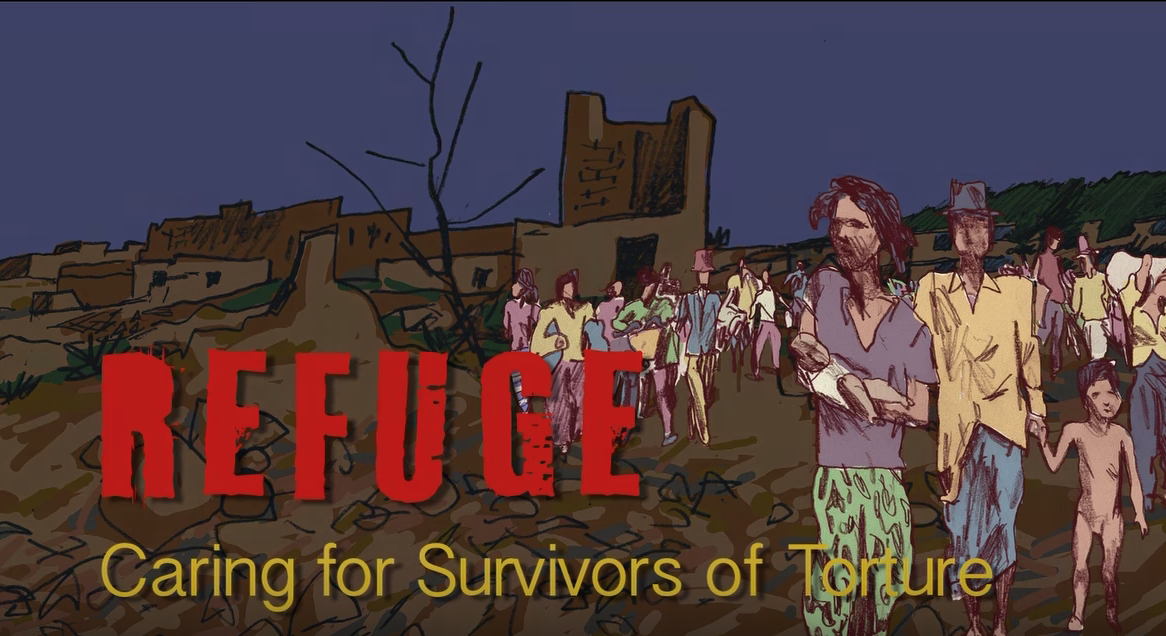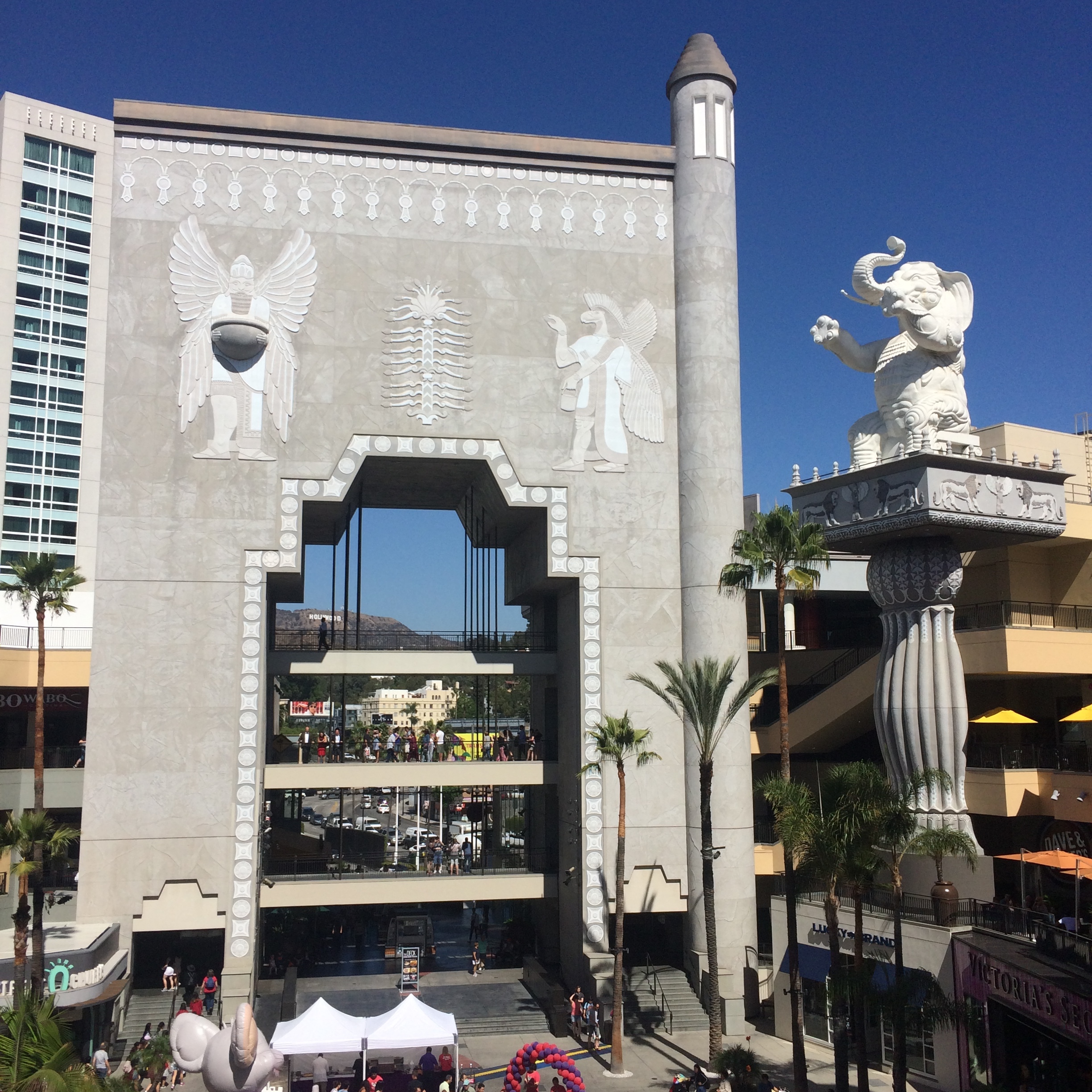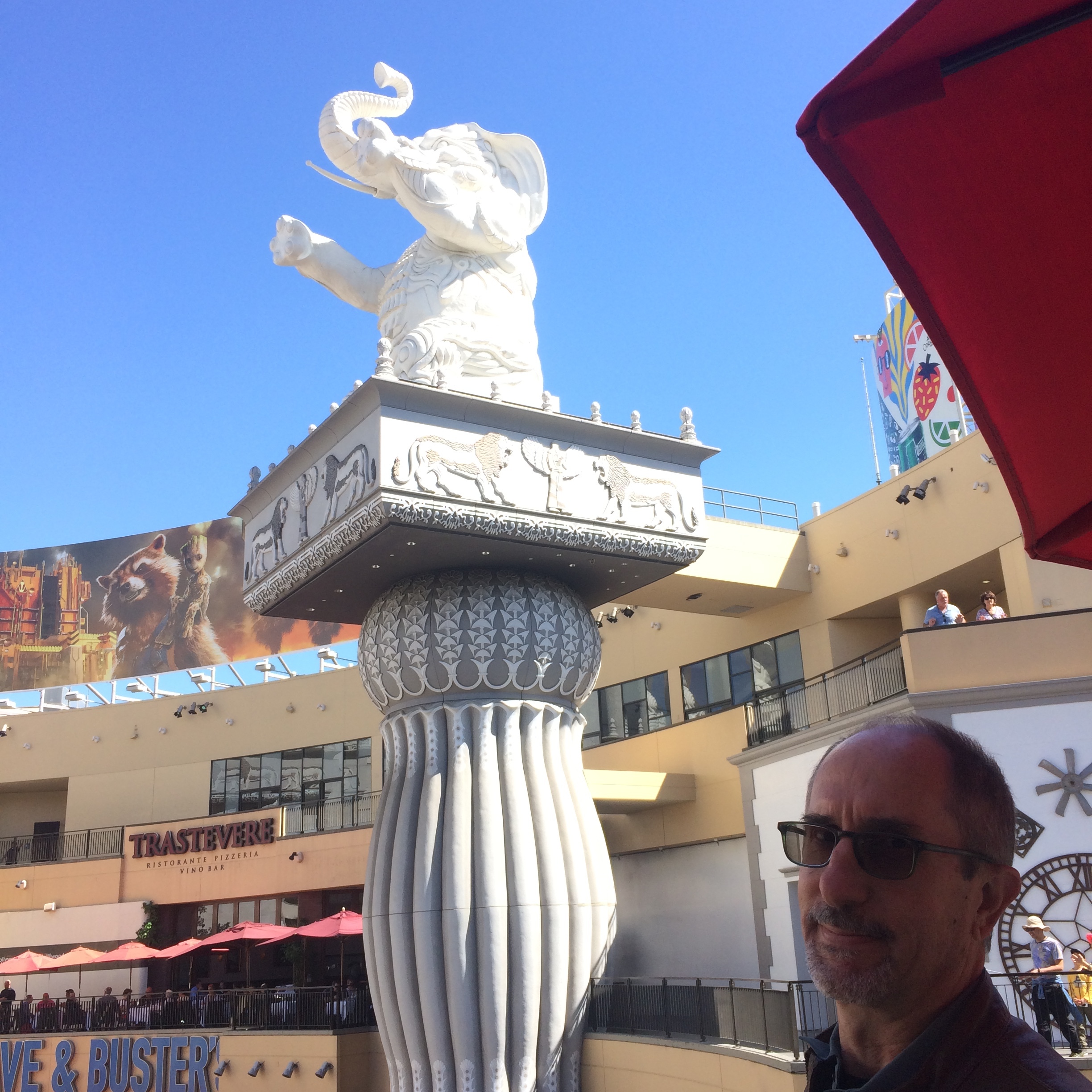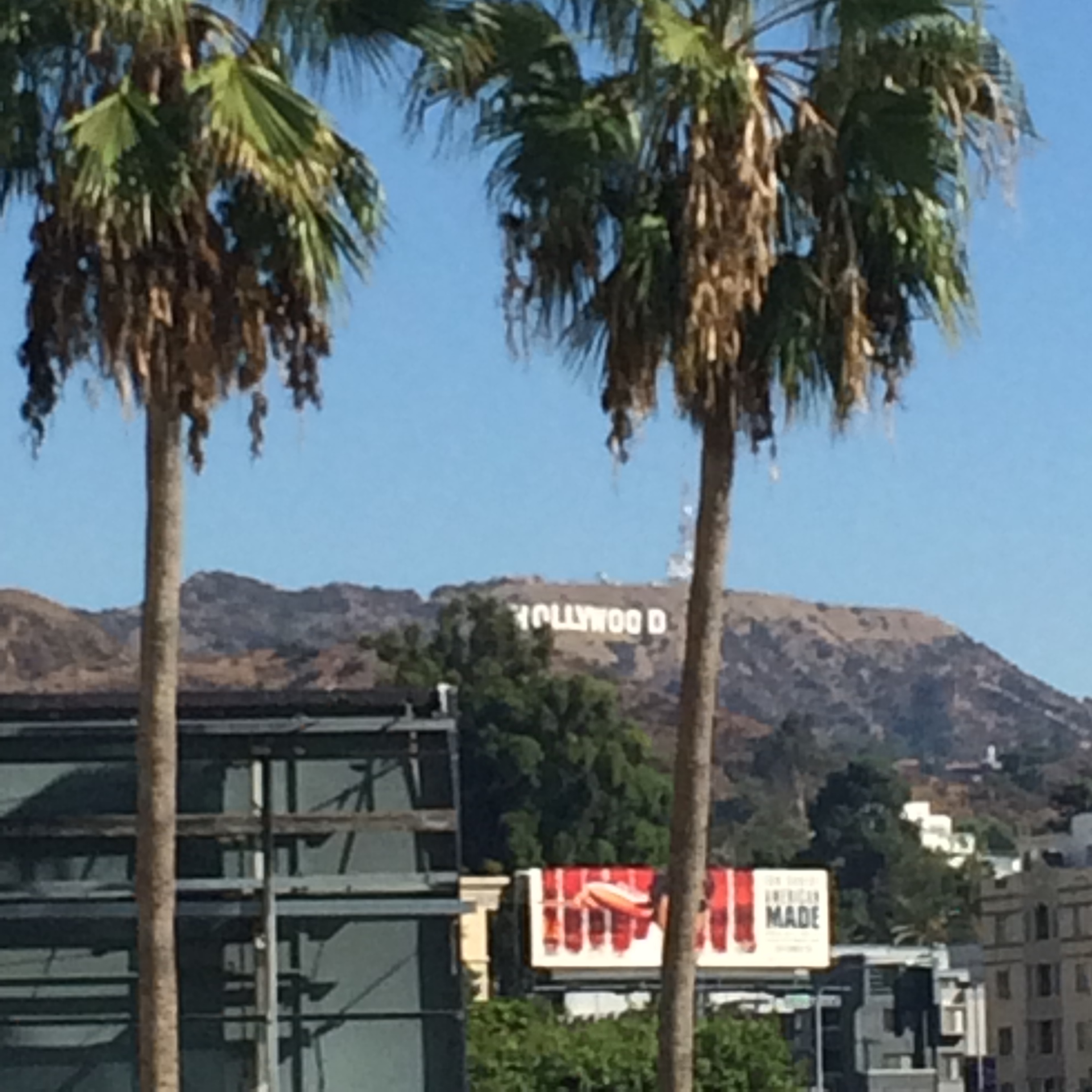I had previously been able to experiment briefly with a tape recorder that a friend's parents had in their home and was fascinated by it. Here was an opportunity to get my own; a TrueTone single track recorder. I don’t remember the cost, but I imagine it was under $25 and I probably purchased it with money saved up from my paper route.
So much fun! I used it to record myself and my best friend Greg performing silly interviews as we pretended to be celebrities, to record songs I liked off of my transistor radio, and to collect environmental sounds like thunder, cars passing, and birds singing.
It also provided me with the opportunity to practice improvising with my guitar; I’d record several minutes of the chords from a song I was working on, rewind and then solo along with the playback. Many hours were spent with this activity.
Sound-On-Sound
When I was in high school, one of my bands (The Charmen, a “witty” play on the name of the toilet paper) somehow acquired a “manager.” He happened to own a tape recorder, which he brought to my house when we were practicing. This recorder had the ability to record “sound on sound” (SoS).
SoS was invented by Les Paul and describes the ability of a stereo, 2-track recorder to record from one of the tracks to the other – while simultaneously recording whatever new input you gave it. This was the “holy grail” because it allowed you to build up multiple tracks and create a complete song all by yourself.
Start with a rhythm guitar recorded on track 1, then as you play it back, you record bass and “bounce” both the original rhythm guitar along with the bass into track 2. When you were satisfied with that performance, you could play that combo back from track 2 while adding percussion and record it all back on to track 1. And so on, and on, and on…
Of course, you had to to erase the original rhythm guitar track in order to bounce the three instruments back on track 1, so you had better like the original track the way it was because there would be no going back. Also, each “bounce” would add more tape hiss (a by-product of the tape recording process) from the original track along with the hiss being generated by the new recording, so there was a limit to how many times you would want to bounce things. However, it gave me, an aspiring composer/arranger, the opportunity to try things out, see how they sounded, and create new music compositions all by myself.
It was mind-blowing and addictive. I couldn’t get enough of it.
Here’s a picture of a 2-track recorder that had the ability to record “sound on sound.”
